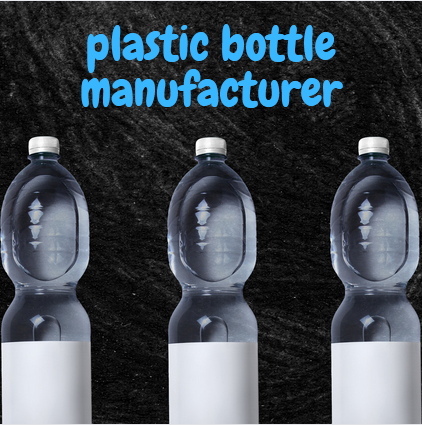Plastic bottles are one of the most common types of packaging in the world. They are used for drinks, detergents and other consumer goods. They are economical to produce, durable and easily recyclable. But they are also a major contributor to the growing plastic pollution crisis in our planet.
1. Economical
Plastic bottles are a key source of waste in Pakistan and other developing countries. This is because most of them are discarded in urban areas, and if they are left in landfills or dumps, then it adds to pollution and contaminates soil, water and air.
In order to solve this problem, the government of Pakistan needs to implement innovative strategies to minimize plastic waste. It should also expand the collection and recycling capacity of plastics. By doing this, the country can help limit the global crisis of plastic pollution.
2. Durable
One of the most significant features of plastic bottles in Pakistan is their durability. The reason for this is their polymer (large molecules formed by connecting numerous small molecules) structure.
This makes them tough and durable, as opposed to glass containers which can be easily broken into shards. This also allows plastics to be used for transporting items safely and securely. Another major benefit of plastics is that they are easy to recycle. This can be a great way to help the environment, and it’s also good for your wallet.
Although plastics are durable, they do have some negative aspects. They can take a long time to degrade and can clog drainage systems, causing flooding events. In addition, they can cause micro plastic pollution in the water, which is harmful to marine ecosystems and could result in a buildup of disease-causing bacteria and invasive organisms.
3. Recyclable
Plastic bottles are often used as containers for beverages and foods, but they can also be repurposed into new things. People can turn them into clothes, furniture, fences, and more.
Most plastic bottles are made of polyethylene terephthalate (PET). This is the resin commonly found in water and soda bottles, milk jugs, yogurt and margarine tubs, and food-grade packaging for coffee, to-go food, and other items.
Recycling reduces pollution that can come from the chemicals that make plastic. It also helps save space in landfills and cut down on the amount of trash that gets thrown away.
4. EASY TO HANDLE
Plastic bottles are a common way of packaging liquid products. This type of packaging is one of the greenest options available, as it’s easy to recycle and is extremely durable. As a result, they are often used for transporting products around the world. However, the excessive use of these bottles is a serious issue for the environment.
Pakistan is a country that produces an estimated 3.3 million tonnes of plastic waste annually. Most of it ends up in landfills, unmanaged dumps or strewn about land and water bodies across the country.
The country is also working to ban plastic bags and promote environmentally-friendly alternatives. But residents don’t have easy access to cloth bags or affordable ways to replace wholesale plastic bags with more sustainable materials.
5. Environmentally Friendly
In Pakistan, plastic bottles are an important resource for the local economy. They are made of polyethylene terephthalate, or PET, which is a lightweight, food-safe plastic that is recyclable. However, while PET is a great choice for packaging, it can take hundreds of years to decompose. This means that it isn’t as Eco-friendly as other types of plastics.
Fortunately, people have come together to find ways to recycle PET bottles. This process turns them into useful products, including clothing and furniture. It also prevents toxic materials from being thrown into landfills or trash dumps.

